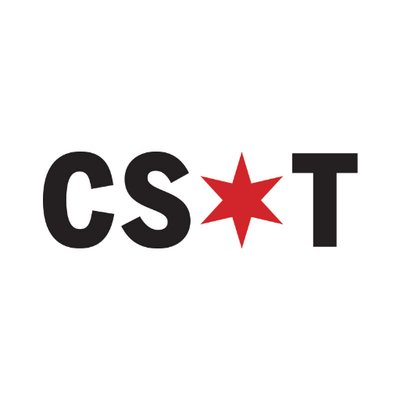


An FBI agent told a jury Tuesday how he confronted longtime Chicago Ald. Danny Solis early on June 1, 2016, prompting Solis to wear a wire for the feds in a crucial moment that led to blockbuster indictments years later against powerful Illinois politicians.
Special Agent Ryan McDonald testified that the FBI was prepared to execute five search warrants on June 1, 2016, two years into an investigation of Solis’ activities.
One was for Solis’ cellphone, which the feds had tapped for roughly a year. Two were for residences. And two were for Solis’ ward and City Hall offices. Ultimately, McDonald says agents did not search Solis’ offices because “our investigation would then become overt.”
“It would be known to the public,” McDonald testified.
McDonald took the stand Tuesday in the corruption trial of former Chicago Ald. Edward M. Burke, who is now on trial for racketeering, bribery and extortion charges partly because of the evidence Solis helped gather against him.
McDonald’s testimony comes nearly five years to the day after the FBI raided Burke’s offices on Nov. 29, 2018 — sending a loud signal to Chicago that an aggressive public corruption investigation was underway.
Solis’ cooperation with the feds was revealed in January 2019 by the Chicago Sun-Times. Solis left office later that year.
The probe, which dated back to 2014, also led to the racketeering indictment of former Illinois House Speaker Michael Madigan, who faces trial next year.
McDonald testified that he and FBI Special Agent Steven Noldin approached Solis at his home on Delano Court about 7:55 a.m. McDonald testified that they explained their investigation to Solis and “presented Mr. Solis with some evidence we had acquired.”
McDonald acknowledged that the agents were trying to persuade Solis to cooperate with them. McDonald said he and the other agent played recordings, including video, for Solis for 30 to 45 minutes. Eventually, he said Solis asked to speak to an attorney.
Still, the agent said Solis agreed to cooperate with the feds either later that day or the next.
McDonald told the jury that Solis was told to only make recordings at the FBI’s direction of people the feds had identified. And he was told to report any unrecorded conversations with a “person of interest.”
The FBI agent also told the jury that Solis “agreed to allow the government to record his telephone conversations over his cellphone” — and Solis had no control over what was intercepted.
Jurors also began to hear Tuesday some of Solis’ secretly recorded conversations with Burke, including a video recording. Though Burke is not always in the frame — jurors got a clear view of Solis’ hands and a glass of water — Burke could eventually be seen in a pinstripe suit with an American flag lapel pin.
In one call, jurors could hear Burke ask Solis to “recommend the good firm of Klafter & Burke” to the company developing Chicago’s Old Post Office. Burke also told Solis, “then we can certainly talk about a marketing arrangement for you.”
Burke is accused of trying to strong-arm business for his private property tax appeals law firm from the Old Post Office developers.
